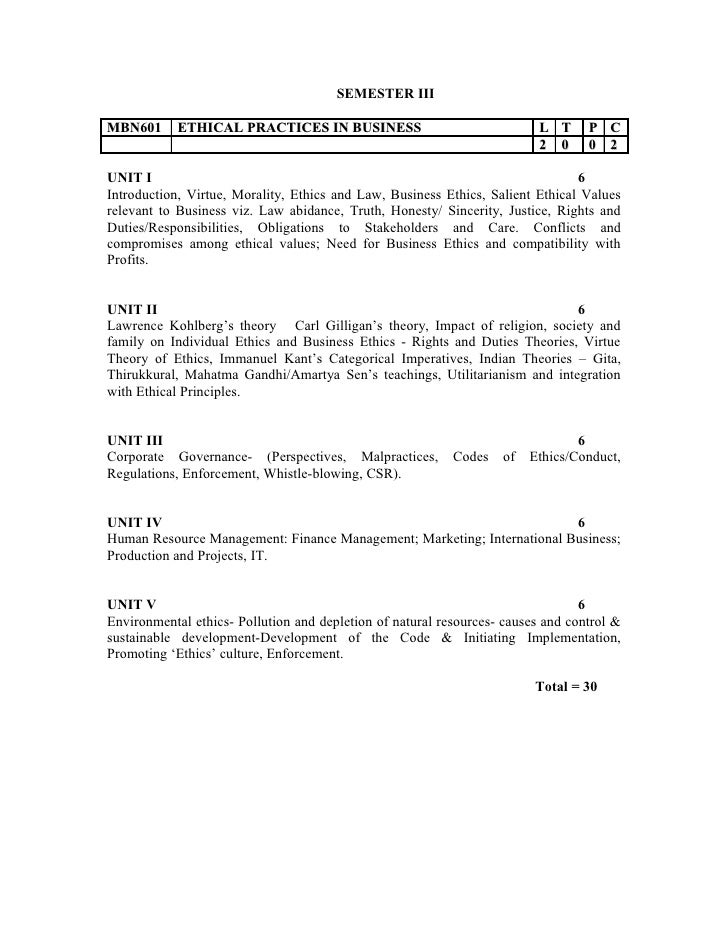A respected businessman with whom I discussed the theme of this article remarked with some heat, “You mean to say you’re going to encourage men to bluff? Why, bluffing is nothing more than a form of lying! You’re advising them to lie!” I agreed that the basis of private morality is a respect for truth and that the closer a businessman comes to the truth, the more he deserves respect. At the same time, I suggested that most bluffing in business might be regarded simply as game strategy—much like bluffing in poker, which does not reflect on the morality of the bluffer. I quoted Henry Taylor, the British statesman who pointed out that “falsehood ceases to be falsehood when it is understood on all sides that the truth is not expected to be spoken”—an exact description of bluffing in poker, diplomacy, and business. I cited the analogy of the criminal court, where the criminal is not expected to tell the truth when he pleads “not guilty.” Everyone from the judge down takes it for granted that the job of the defendant’s attorney is to get his client off, not to reveal the truth; and this is considered ethical practice. I mentioned Representative Omar Burleson, the Democrat from Texas, who was quoted as saying, in regard to the ethics of Congress, “Ethics is a barrel of worms” 1—a pungent summing up of the problem of deciding who is ethical in politics.
I reminded my friend that millions of businessmen feel constrained every day to say yes to their bosses when they secretly believe no and that this is generally accepted as permissible strategy when the alternative might be the loss of a job. The essential point, I said, is that the ethics of business are game ethics, different from the ethics of religion. He remained unconvinced. Referring to the company of which he is president, he declared: “Maybe that’s good enough for some businessmen, but I can tell you that we pride ourselves on our ethics. In 30 years not one customer has ever questioned my word or asked to check our figures. We’re loyal to our customers and fair to our suppliers. Игры Соник 3 Играть Бесплатно.
I regard my handshake on a deal as a contract. I’ve never entered into price fixing schemes with my competitors. I’ve never allowed my salesmen to spread injurious rumors about other companies. Our union contract is the best in our industry. And, if I do say so myself, our ethical standards are of the highest!” He really was saying, without realizing it, that he was living up to the ethical standards of the business game—which are a far cry from those of private life.

Ethical decisions that should to be taken into account in devising or modifying an employee training program. (v) Ethical decision making in business, as in other areas of life, is governed by general ethical. Perhaps the most famous—and most notorious—articulation of this view appears in Albert Carr. Bubblegum Crisis Rpg Pdf Sale on this page. For example, in the latter case, Albert Carr (1968) notoriously argued in his article 'Is Business Bluffing Ethical' that the 'game' of business was not subject to the same moral standards as the. Selling landmines to oppressive regimes, or preventing their employees from joining a union—again, issues which many feel very.
